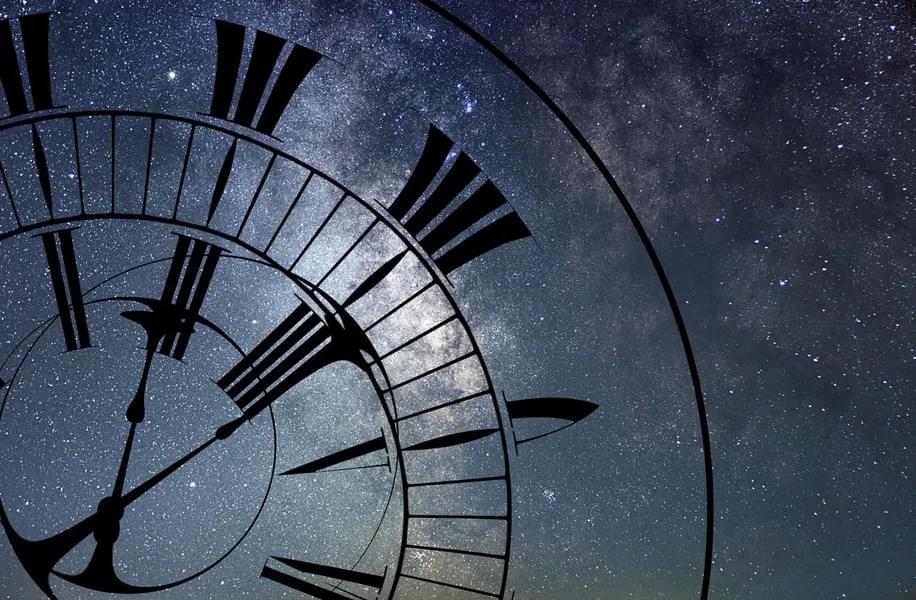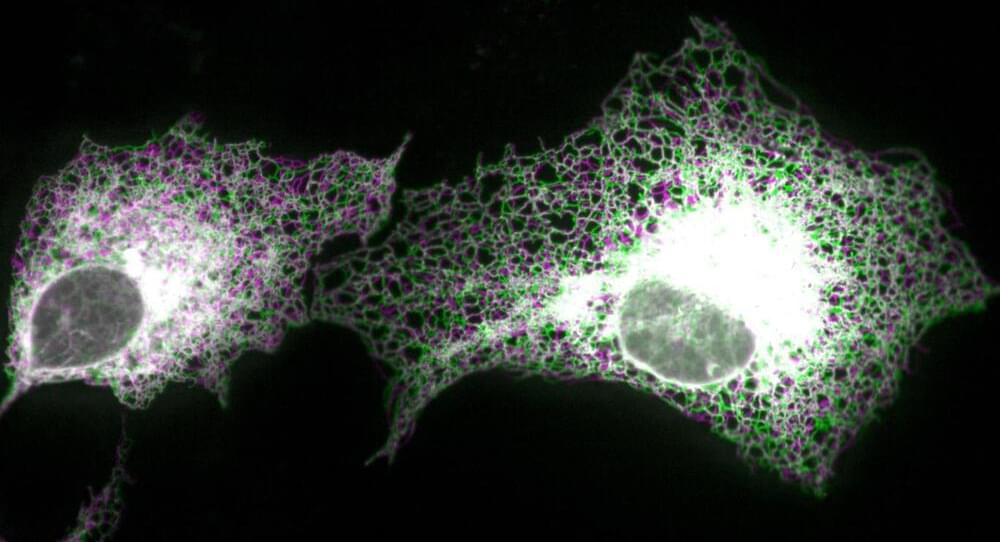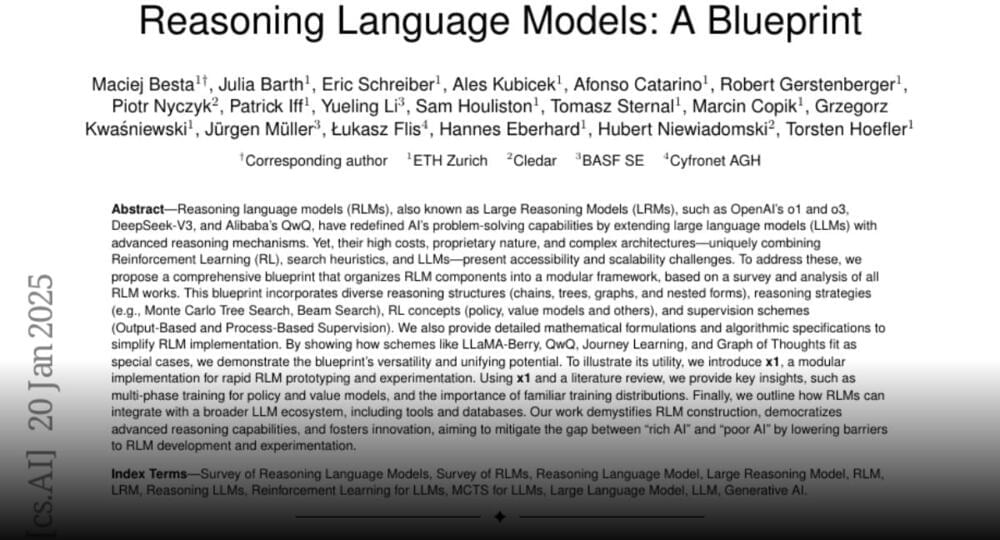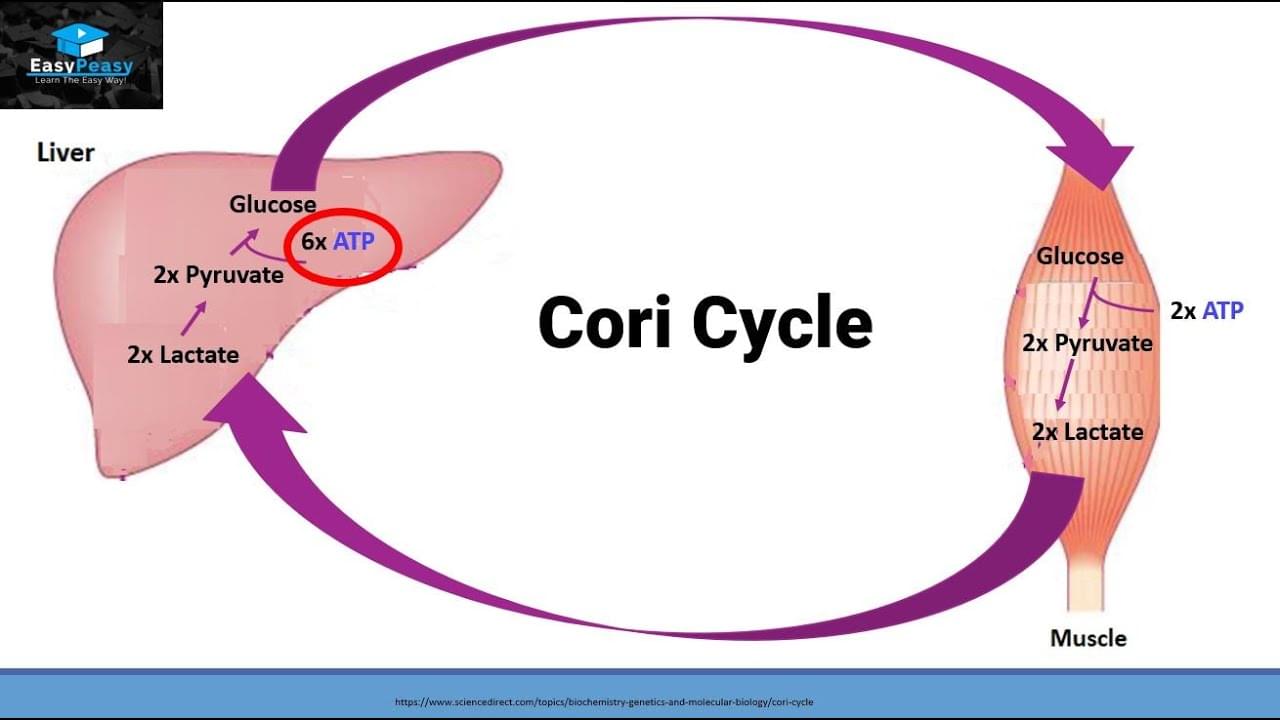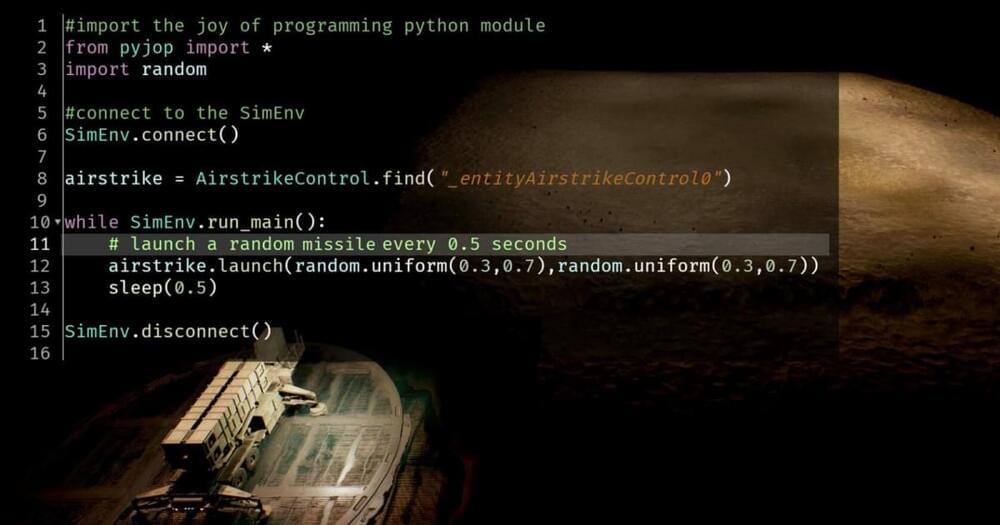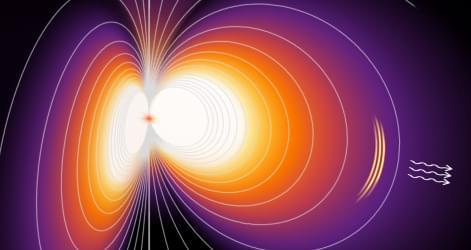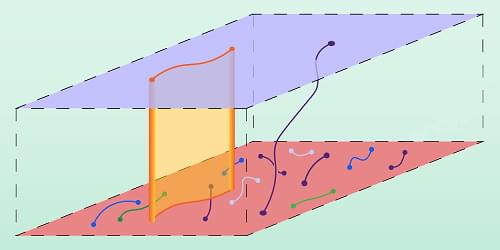For the first time, scientists have measured the early universe running in extreme slow motion, showing that time was five times slower just a billion years after the Big Bang. By studying nearly 200 quasars – hyperactive supermassive black holes at the centers of ancient galaxies – researchers have provided new evidence for Einstein’s theory of general relativity regarding an expanding universe.
The Mystery of Early Universe Time Dilation
Einstein’s general theory of relativity predicts that, as the universe expands, distant objects (and therefore the early universe) should appear to experience slower time. However, directly observing this has been challenging due to the vast distances and the faint signals coming from early cosmic phenomena. Previous research had established this dilation back to half the age of the universe using supernovae, but quasars have now pushed this further back to just a tenth of the universe’s age.
